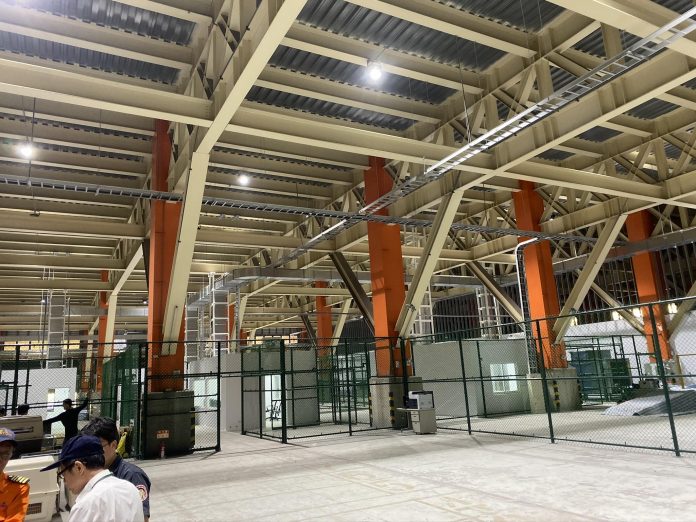The international freight transport insurer TT Club and the supply chain services and solutions team at British Standards Institution (BSI) have published the latest report on trends in the theft of goods entitled, “Cargo Crime in Gulf Countries and Regional Free Trade Zones,” as a risk mitigation tool for transport operators.
Key findings of the report include:
• 76% of cargo theft is from warehouse and storage facilities
• Crime hot-spots in the United Arab Emirates (UAE) & Saudi Arabia
• High-value goods such as electronics targeted
• Insider assistance and corruption plays a prominent role
• Smuggling of illicit contraband prevalent in Free trade Zones (FTZ)
“Our reports are intended to alert those in the supply chain to the variable and developing trends in the risk of cargo theft during intermodal transportation,” commented TT Club’s managing director, Mike Yarwood.
The report highlights that warehouse thefts and supply chain corruption are remarkable, with a concentration on higher risk areas across the UAE and in Saudi Arabia. The role that special economic zones play in the Middle East also affects regional disparities in cargo theft, according to TT Club.

Free Trade Zones (FTZ) are a significant feature of the regional economy and represent potential vulnerabilities for supply chains, facilitating high volumes of trade under simplified customs procedures that can provide opportunities for criminals to act.
Furthermore, as Gulf Cooperation Council (GCC) economies return to pre-pandemic levels, and data provided by the International Road Transport Union (IRU) is forecasting growth in trade, it is possible that criminals will also seek to exploit these higher volumes of cargo throughput to introduce illicit drugs and counterfeited products into shipments.
There is also guidance on mitigating the risk contained in the report, covering avoiding the introduction of drugs into shipments, reducing theft from facilities and combating counterfeit smuggling, all of which are of particular concern in the Middle East region.

“TT Club’s intention is to help reduce theft-related loss and to that end, these reports offer loss prevention advice to complement the joint analysis of current trends,” noted Yarwood, who went on to advise operators to be consistent in their vigilance, especially in the current season of festivities when the movement of gifts is at a peak.







